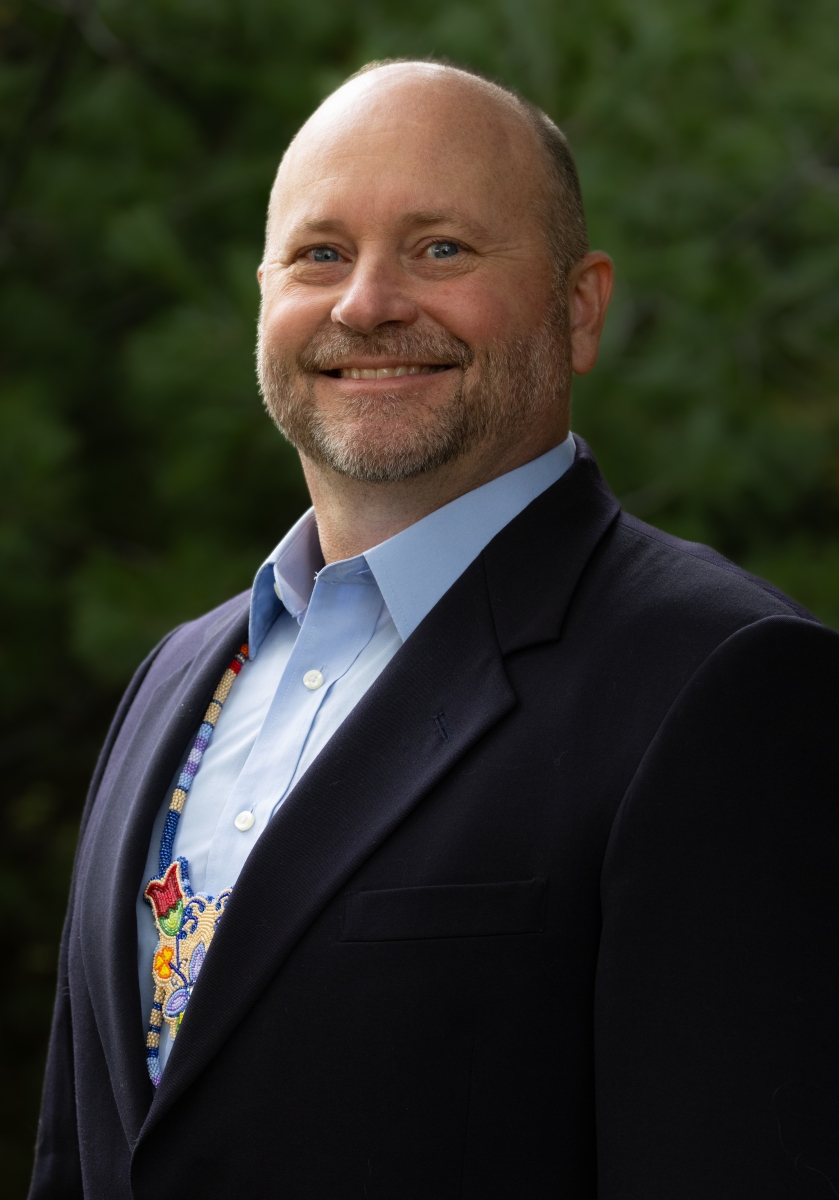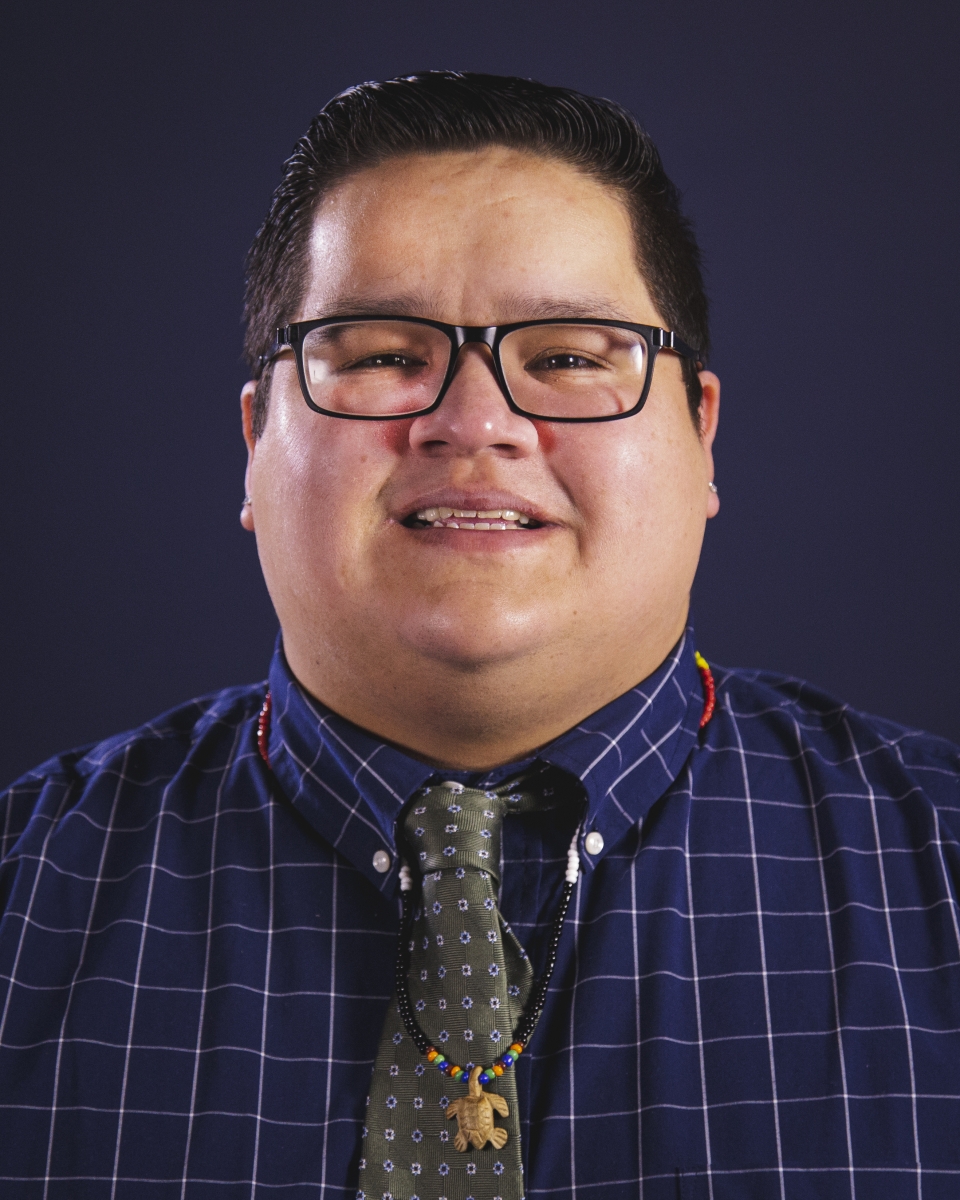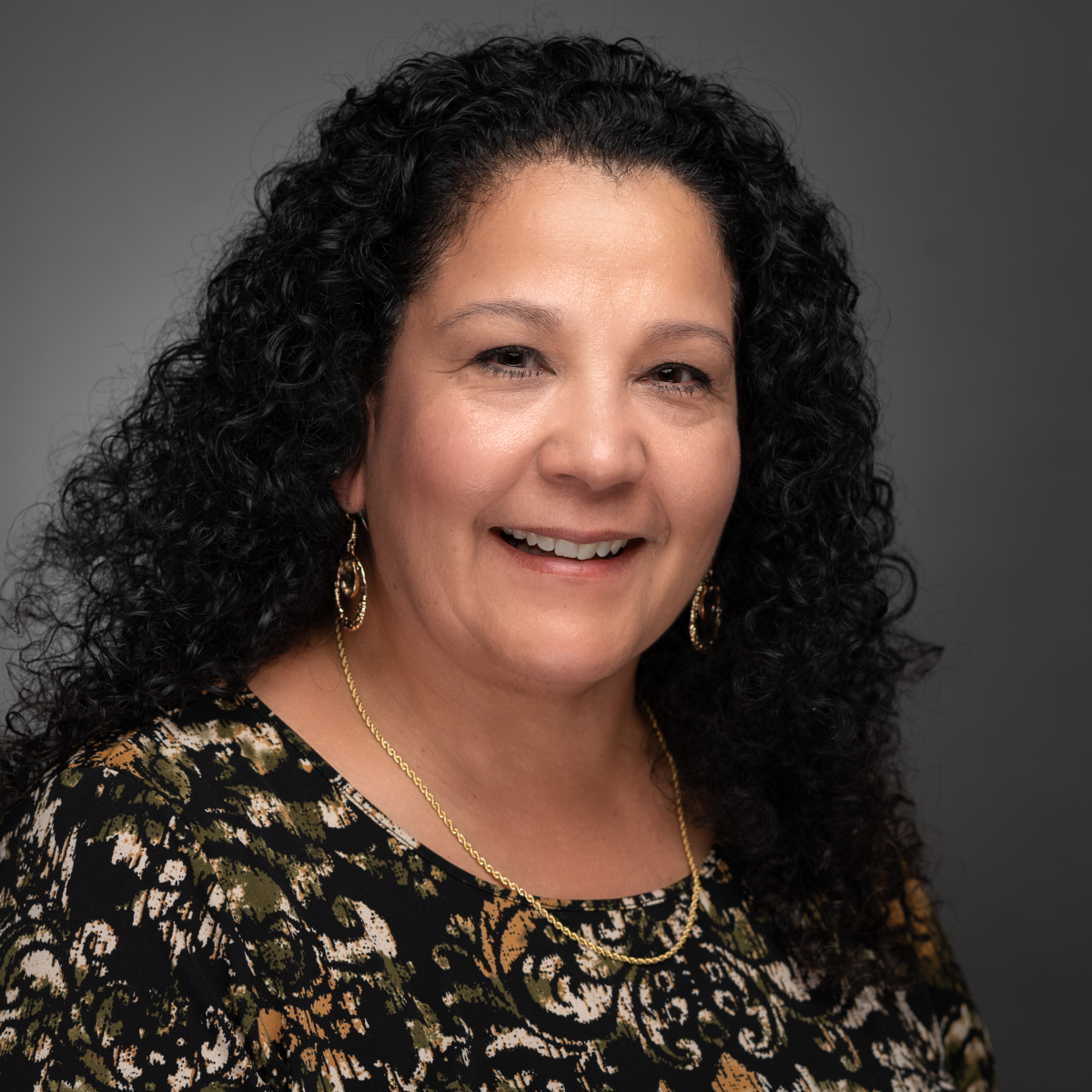Navigating the Whitewater - Empowering Indigenous Students within Eurocentric Education Systems
First Nations Studies 2023-24 Webinar Lecture Series
|
Registration Closed.
Last Date to Register: 4/1/2024 12:01 AM
Last Date to Cancel: 4/1/2024 12:01 AM
|
|
Event Description
First Nations Studies 2023-2024 Webinar Lecture Series (April)
Navigating the Whitewater - Empowering Indigenous Students within Eurocentric Education Systems with Brian Collins

About the Lecture Series
The Wisconsin Department of Public Instruction (DPI) - American Indian Studies Program in partnership with CESA 12 is offering a unique opportunity to participate in a series of webinars to continue your journey of personal and professional development around First Nations Studies.
These monthly 1.5-hour webinar lecture series workshops will begin in February 2024 and continue through June 2024. The lecture series will feature various Native American scholars in the fields of history, literature, and education, among other academic content areas. At each session, you will have the opportunity to hear from and learn from Indigenous authors and speakers.
*NOTE: You must be present during the advertised date and time(s) to participate and watch the webinar. The webinars will NOT BE RECORDED. Additionally, participants do NOT have permission or authorization to record either via video or audio the contents of the session attending.*
Date and Time: Tuesday, April 2, 2024 - 4:30pm -6:00pm | Zoom Video Conference Opens at 4:00pm (Pre-registration Required)
Presenter: Brian Collins, Educator
Title: Navigating the Whitewater - Empowering Indigenous Students within Eurocentric Education Systems
Description: Throughout American schools, many students continue to face serious opportunity gaps, often feeling invisible, and substantively underrepresented in curriculum, classroom, and school community. There are many ways for teachers to empower students to be visible, but finding success is a path that requires a strong commitment to change, hard work, and a willingness to learn from students and the community. Brian Collins will discuss his learning journey of the last 23 years. He will share the importance of making strong, intentional, and enduring community connections. He will elaborate on his journey in learning about the Ojibwe language and culture, as well as a passion to transform his school to better reflect the needs of all students. Brian will discuss many aspects of school transformation to include consistent and respectful use of Indigenous languages, incorporating languages and worldviews into the curriculum, and rolling out a better welcome mat that assures students, “You are learning in a place that includes you, a place that loves you.”
Bio: Brian Michael Collins has been a high school biology teacher at Unity School District in Balsam Lake, Wisconsin for 23 years. In addition to general biology, Brian teaches AP Biology, Zoology, Ecology, and Anatomy and Physiology. He is also a powerlifting coach and a co-founder of the Unity Ojibwe Language Program. Brian infuses the Ojibwe language and some traditional cultural teachings within his curriculum. Within his first year as a teacher, Brian quickly realized that we don’t so much teach curriculum as we teach and learn from people. He noticed some troubling gaps for Native American students within his school district. Working within the Round Lake Community of the Saint Croix Chippewa of Wisconsin created a wealth of opportunity for Brian to become a cultural learner and to use what he learned to create a more welcoming space within his classroom and throughout his school. As a non-native teacher, Brian has spent 23 years learning from the Round Lake Community, parents and students of the Saint Croix Chippewa, and leaders from other Tribal communities. He has listened and learned to overcome opportunity gaps so that Indigenous students feel more at home and more visible in the school community and in the curriculum. He has begun to use his experience as a field biologist to change the way the Ojibwe language is experienced by students through leading immersive trips that include wolf tracking, observations of bird migrations, and paddling day trips on the Saint Croix River. Ojibwe language is now spoken in his classroom and throughout Unity School District.
Participant Outcomes
As a result of attending this webinar series, participants will have an opportunity to:
- have an opportunity to continue their journey of personal and professional development around First Nations Studies.
- learn about and gain an understanding of the unique circumstances faced by Native people in the past and today and the effect it has on today's students, families, and communities.
- receive information, and resources to identify books, and strategies to support teaching and learning about Native peoples, communities, and nations.
- deepen their understanding of the American Indian experience through stories and information shared by the speakers.
- understand the historical experiences and contemporary issues of American Indian peoples and nations through storytelling, language, literacy, etc.
Target Audience
- District Administrators and Principals
- Classroom Teachers
- Curriculum Specialists, Directors of Instruction, and Library Media Specialists
- School Counselors, Social Workers, and Psychologists
- Cooperative Educational Service Agencies (CESAs) Administrators and Staff
- Tribal, Community, and School Liaison's (Home-School/Title VI/Johnson O’Malley Coordinators and Staff)
- Tribal Education Directors and Staff
- Head Start, Early Childhood, and Preschool Staff
- College and University (especially Schools of Education) Students, Faculty, and Staff
- Any others with an interest in American Indian Studies and education.
Facilitator

Bwaakoningwiid David J. O'Connor, American Indian Studies Consultant, Wisconsin Department of Public Instruction; Phone: (608) 267-2283 or david.oconnor@dpi.wi.gov.
Additional Information/Disclaimers
The training webinar will NOT be recorded or otherwise shared after the scheduled dates. The DPI American Indian Studies Program has found that this allows for more candid conversations, richer dialogue, and increased participation.
This training webinar does NOT meet statutory license stipulations for "Wisconsin American Indian Tribes and Bands", which is often referenced as Wisconsin Act 31. For those seeking to address statuary license stipulations, please visit the Wisconsin Department of Public Instruction (DPI) Educator Preparation and Licensing - Statutory License Stipulations webpage for a list of approved courses and workshops. You can also visit the DPI American Indian Studies Program for further information.
* The DPI American Indian Studies Program reserves the right to prioritize enrollment to LEAs with federally identified IDEA status, Wisconsin's First Nations, and districts with significant educational equity needs.
Training Format
Each webinar session will be 1.5 hours in length and facilitated by Bwaakoningwiid David J. O'Connor in partnership with the respective presenters for each session. The sessions are intended to be interactive and will include discussion time at the end of each session.
These sessions will be facilitated online using the Zoom cloud video conferencing platform.
Registration and Fees
There are NO registration fees to participate in these webinars offered by the DPI American Indian Studies Program, which are funded through the Individuals with Disabilities Education Improvement Act (IDEA).
Funding for this training limits individual acceptance to WISCONSIN RESIDENTS only. Registration is limited to 295 individuals per session. Pre-registration is required.
***Each session must be registered separately for the First Nations Studies 2023-2024 Webinar Lecture Series.
Questions

Judy Ross, Program Assistant III
CESA #12 - Center for Special Education and Pupil Services
American Indian Studies Program, https://dpi.wi.gov/amind
618 Beaser Avenue, Ashland, WI 54806
Direct Line: (715) 685-1837
E-mail: judyr@cesa12.org
For more great training opportunities offered by DPI American Indian Studies Program, please visit our webpage: Calendar of Events
Cancellation Policy:
Any registration cancellation must be received by the registration deadline date stated on the event for a refund to be issued. Persons registering and not in attendance on the day of the session will be charged the full registration fee (substitutions are accepted). CESA 12 reserves the right to cancel any session due to insufficient enrollment. Participants will be notified by email or phone if a cancellation occurs.Weather conditions:
If a workshop has been canceled due to weather conditions, every effort will be made to reschedule the workshop. Participants will be notified via email through myQuickReg.com if a cancellation occurs. Please make sure all your contact information is correct on myQuickReg.comMedia Disclaimer:
By registering for an event with CESA 12, participants agree to grant CESA 12 and its authorized representative's permission to record digital photos and/or video,(including virtual platforms) of their participation. Participants further agree that any or all of the material photographed may be used, in any form, as part of any future publications, brochure, or other printed materials used to promote CESA 12, and further that such use shall be without payment of fees, royalties, special credit or other compensation. If you do not wish to have your photo or image used, please contact the agency assistant listed for the event.In-person trainings
Other Helpful Hints: Room temperatures vary from one workshop location to another, so bring a jacket or sweater for maximum comfort.
Dietary Disclaimer:
CESA 12 makes every effort to accommodate basic dietary needs such as vegetarian, gluten-free, and basic food allergies. CESA 12 does not assume liability for adverse reactions to food consumed or items one may come into contact with while eating at a CESA 12 event. To better serve our guests with dietary restrictions or allergies, please go into your myQuickReg account and update the special accommodations section. Notice of a special dietary need must be made at the time of your registration.